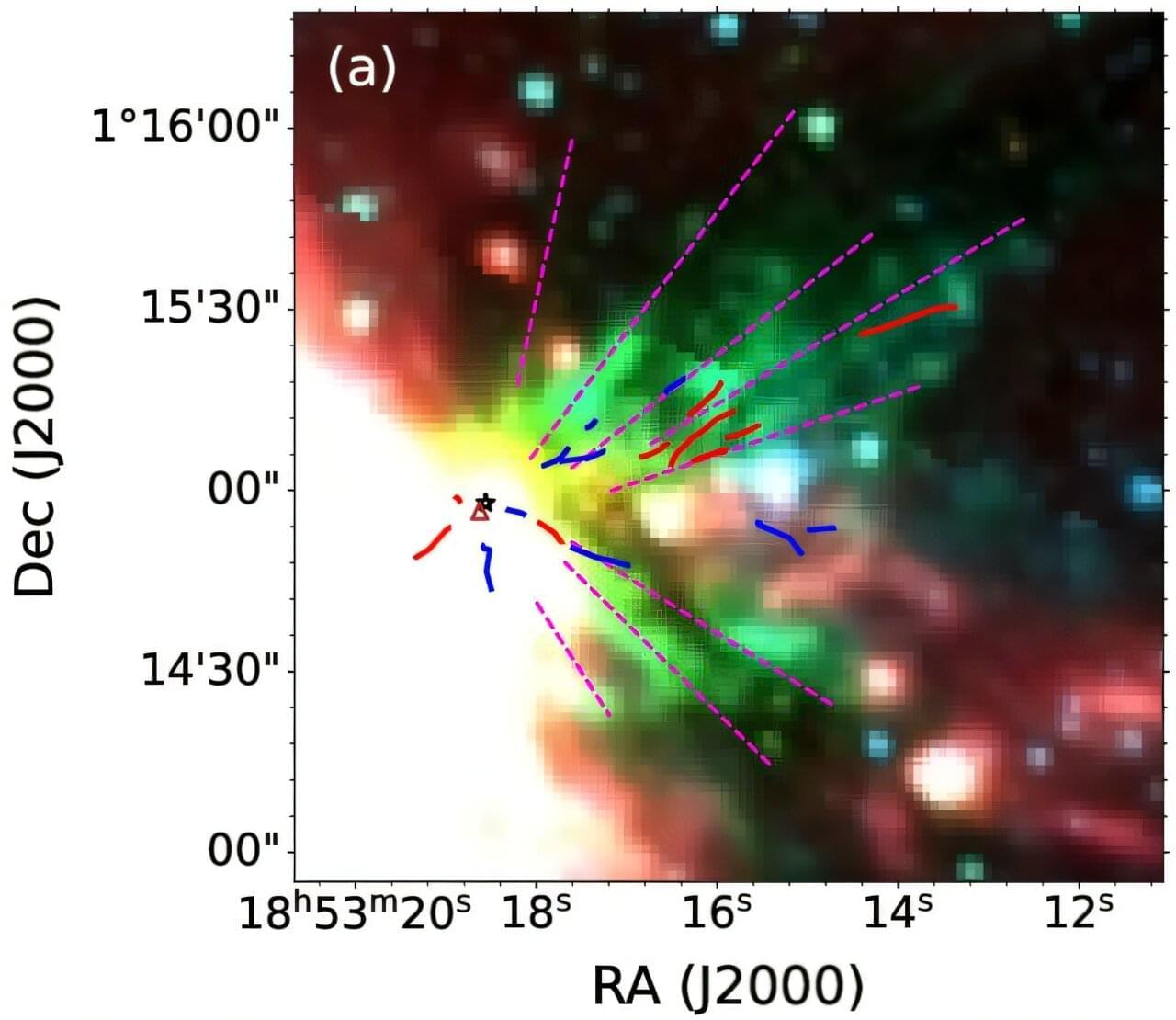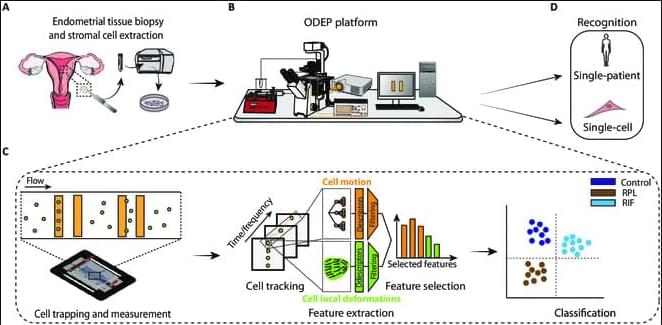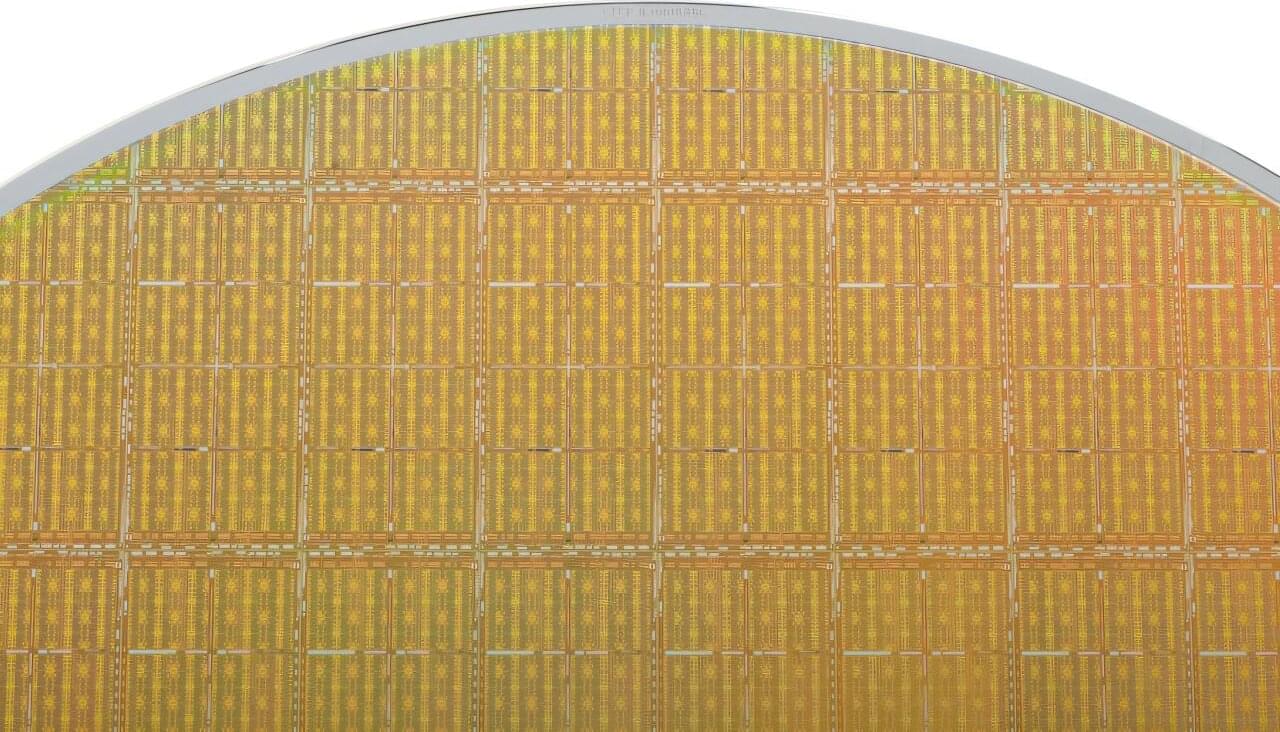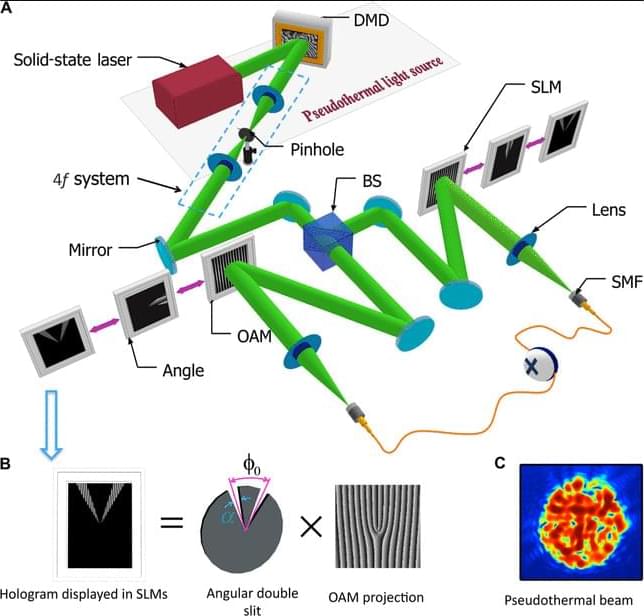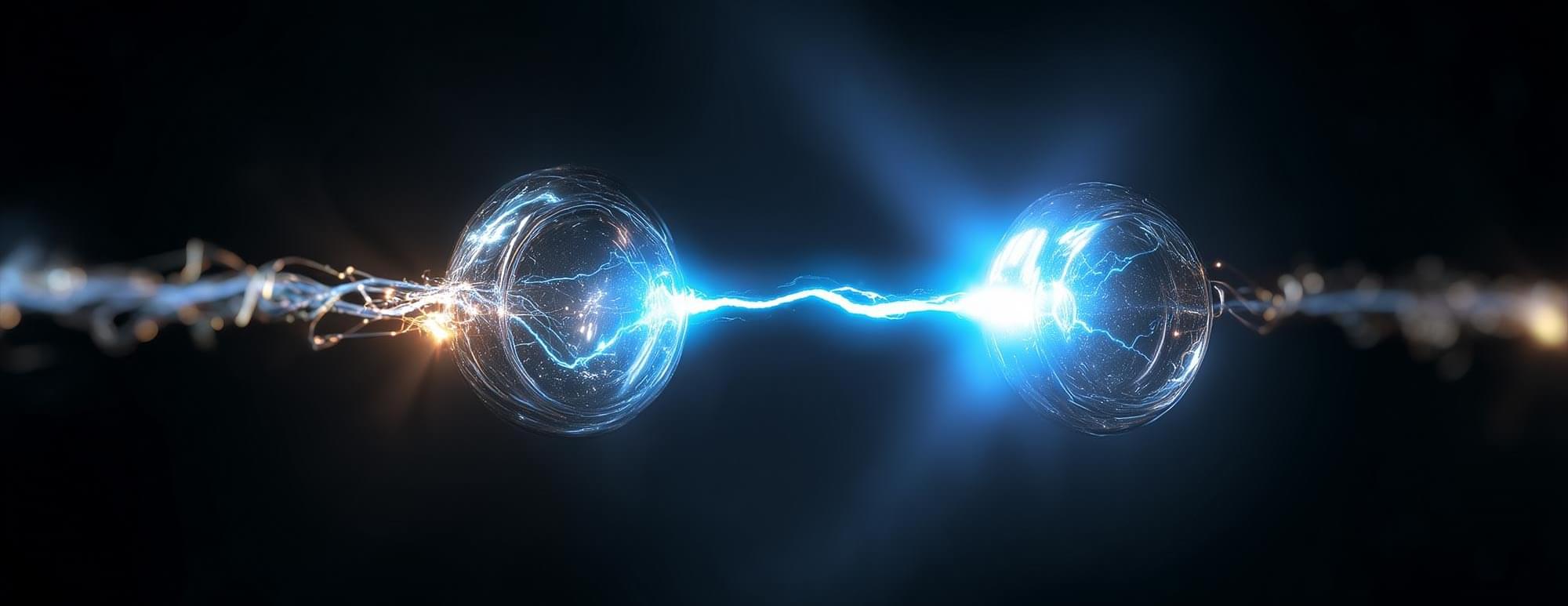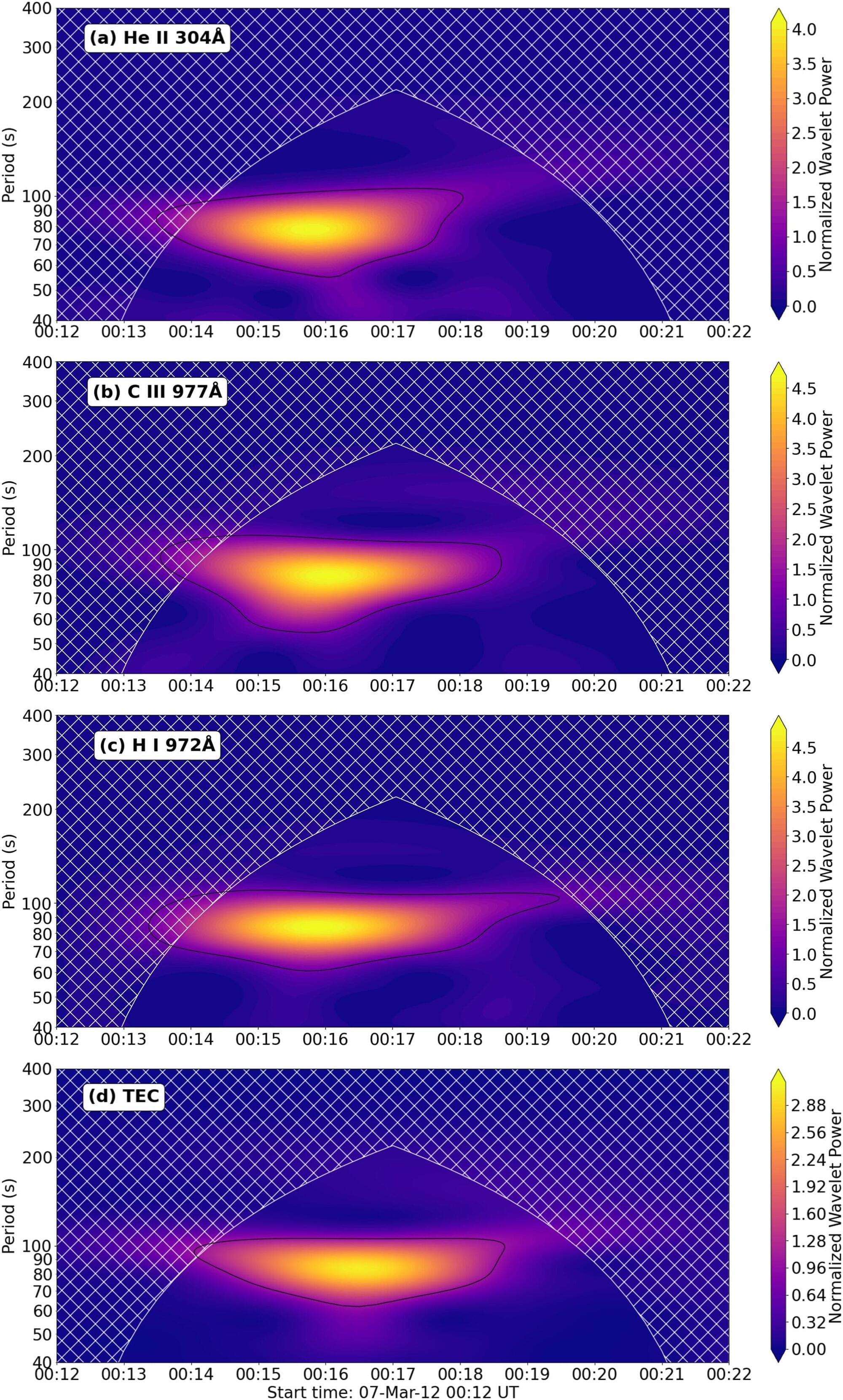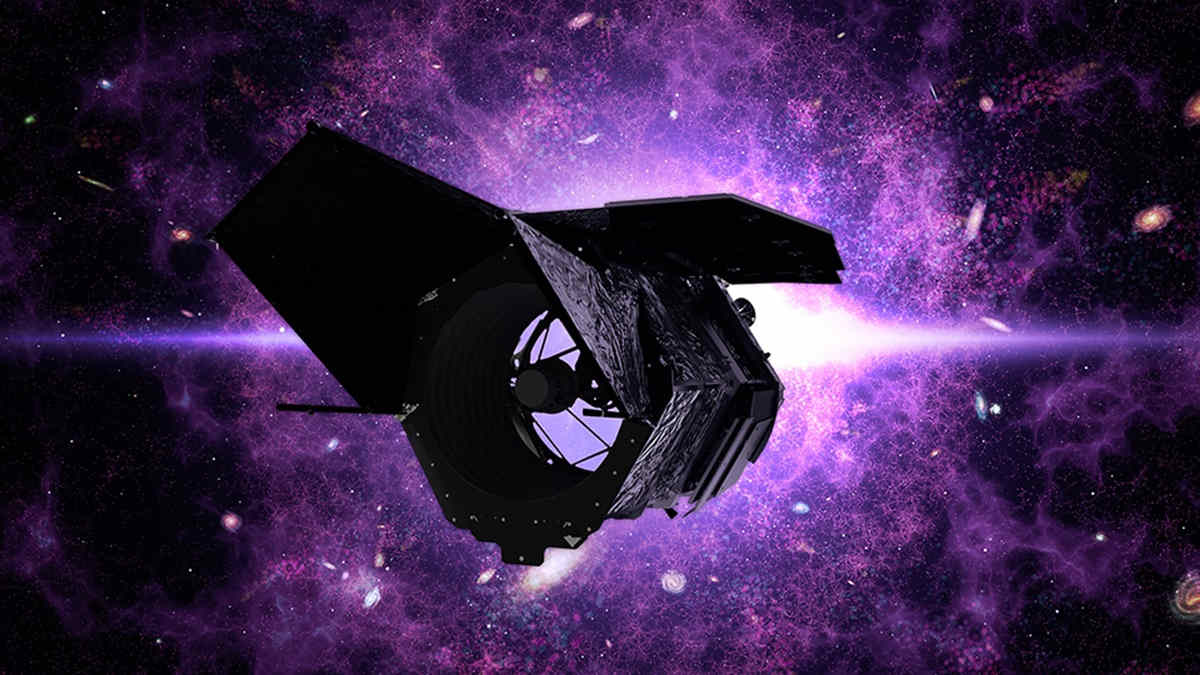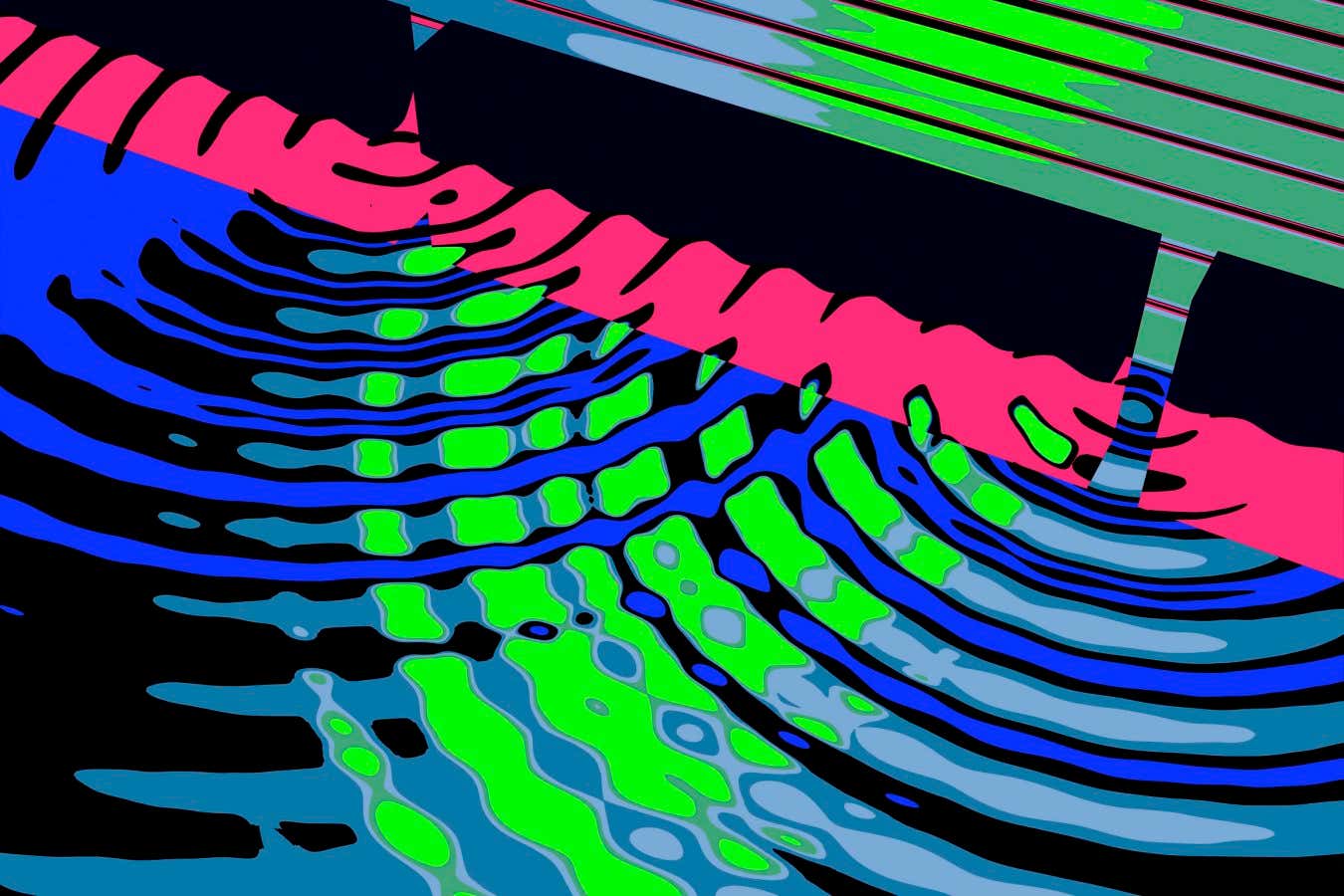As demand grows for more powerful and efficient microelectronics systems, industry is turning to 3D integration—stacking chips on top of each other. This vertically layered architecture could allow high-performance processors, like those used for artificial intelligence, to be packaged closely with other highly specialized chips for communication or imaging. But technologists everywhere face a major challenge: how to prevent these stacks from overheating.
Now, MIT Lincoln Laboratory has developed a specialized chip to test and validate cooling solutions for packaged chip stacks. The chip dissipates extremely high power, mimicking high-performance logic chips, to generate heat through the silicon layer and in localized hot spots. Then, as cooling technologies are applied to the packaged stack, the chip measures temperature changes. When sandwiched in a stack, the chip will allow researchers to study how heat moves through stack layers and benchmark progress in keeping them cool.
“If you have just a single chip, you can cool it from above or below. But if you start stacking several chips on top of each other, the heat has nowhere to escape. No cooling methods exist today that allow industry to stack multiples of these really high-performance chips,” says Chenson Chen, who led the development of the chip with Ryan Keech, both of the laboratory’s Advanced Materials and Microsystems Group.
